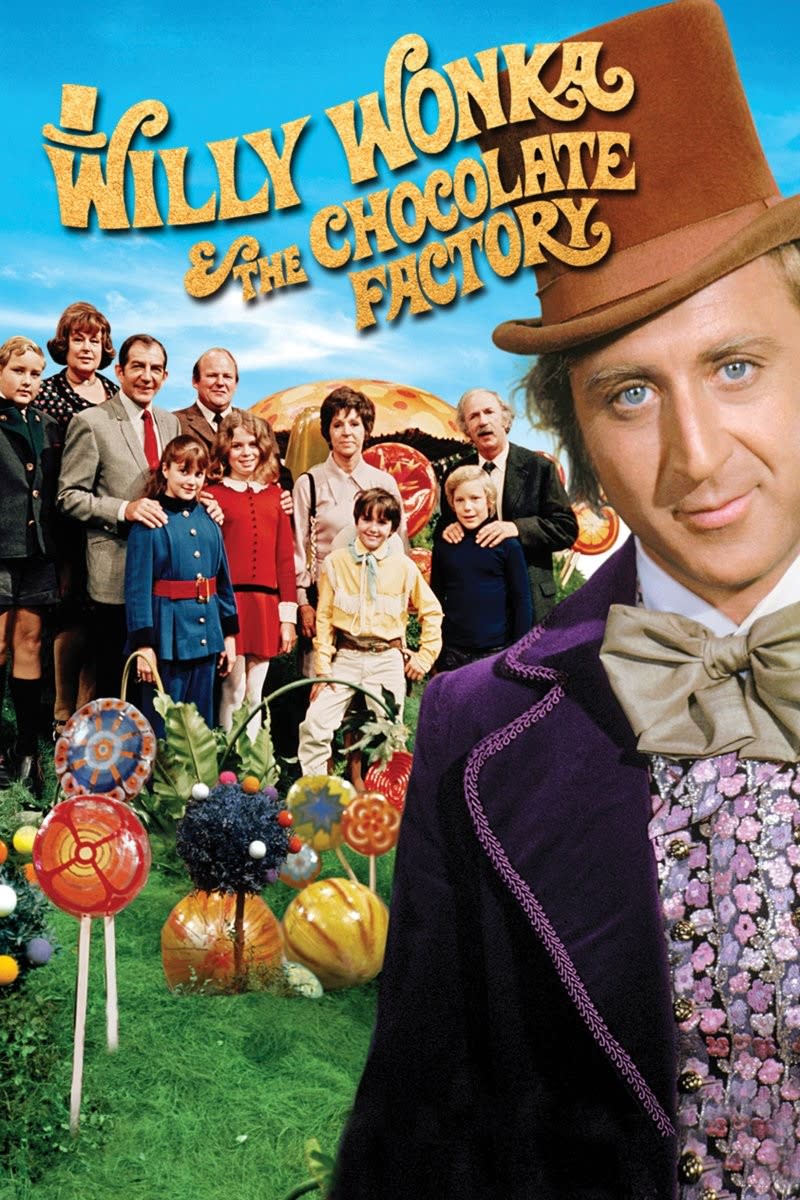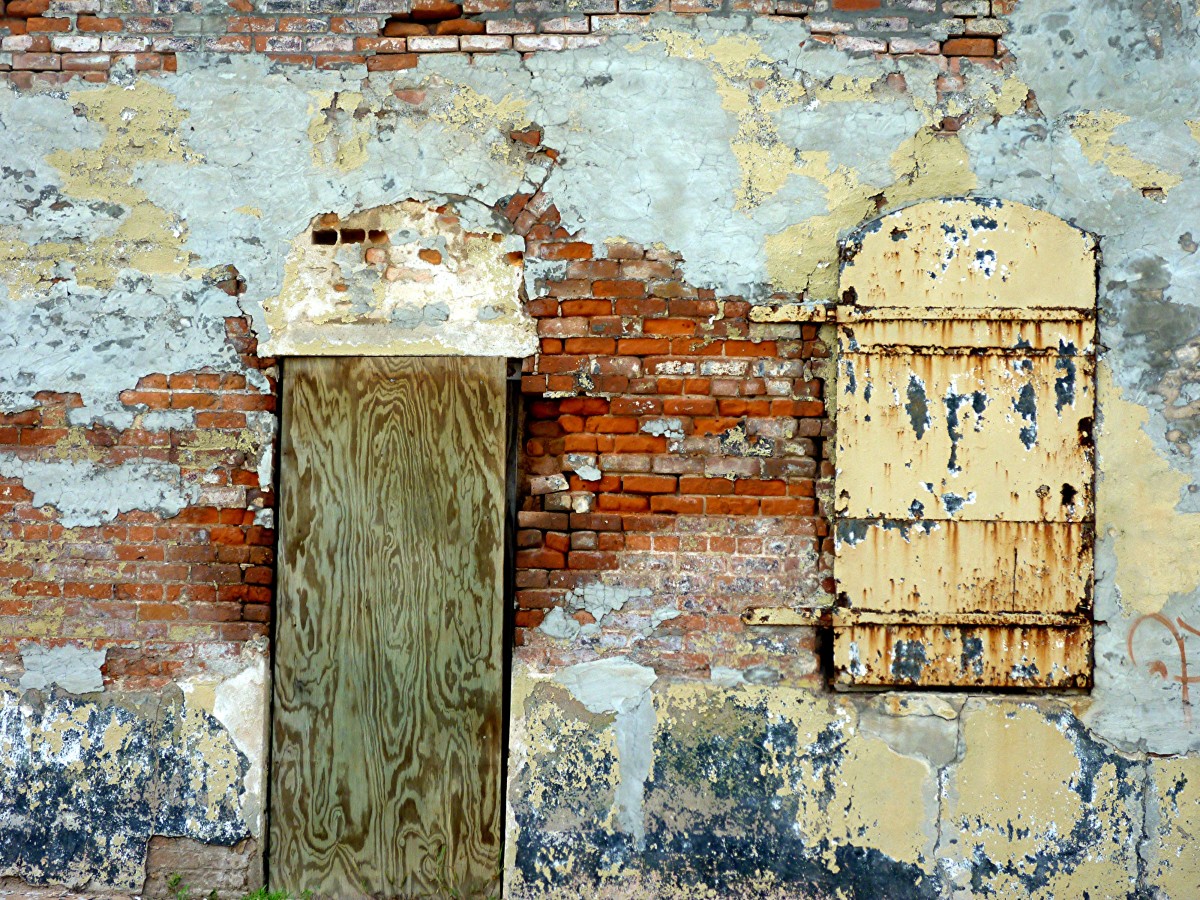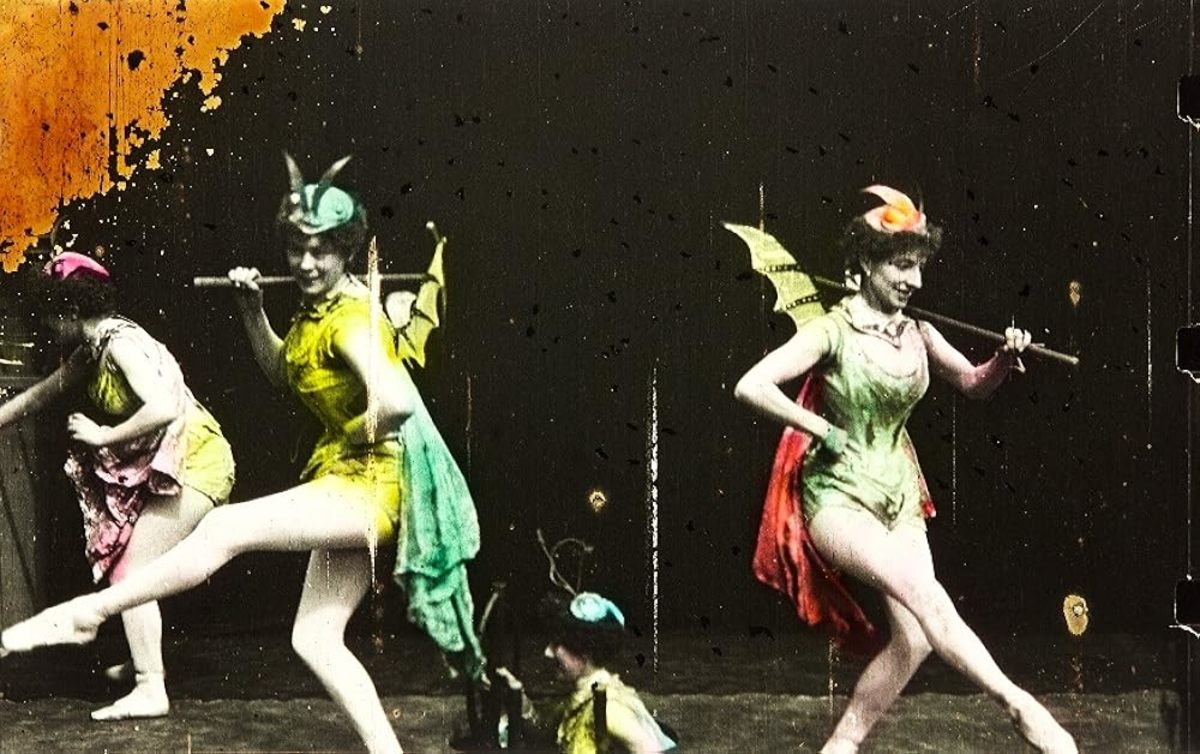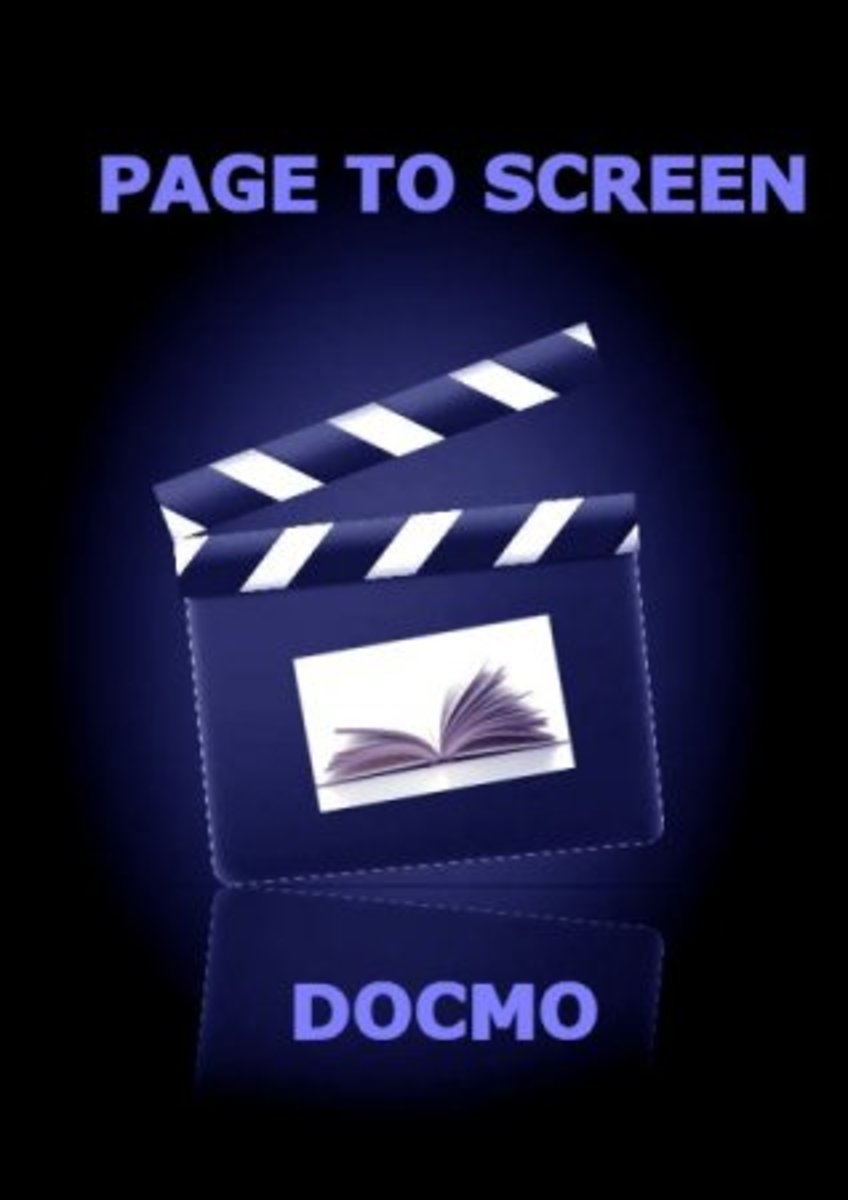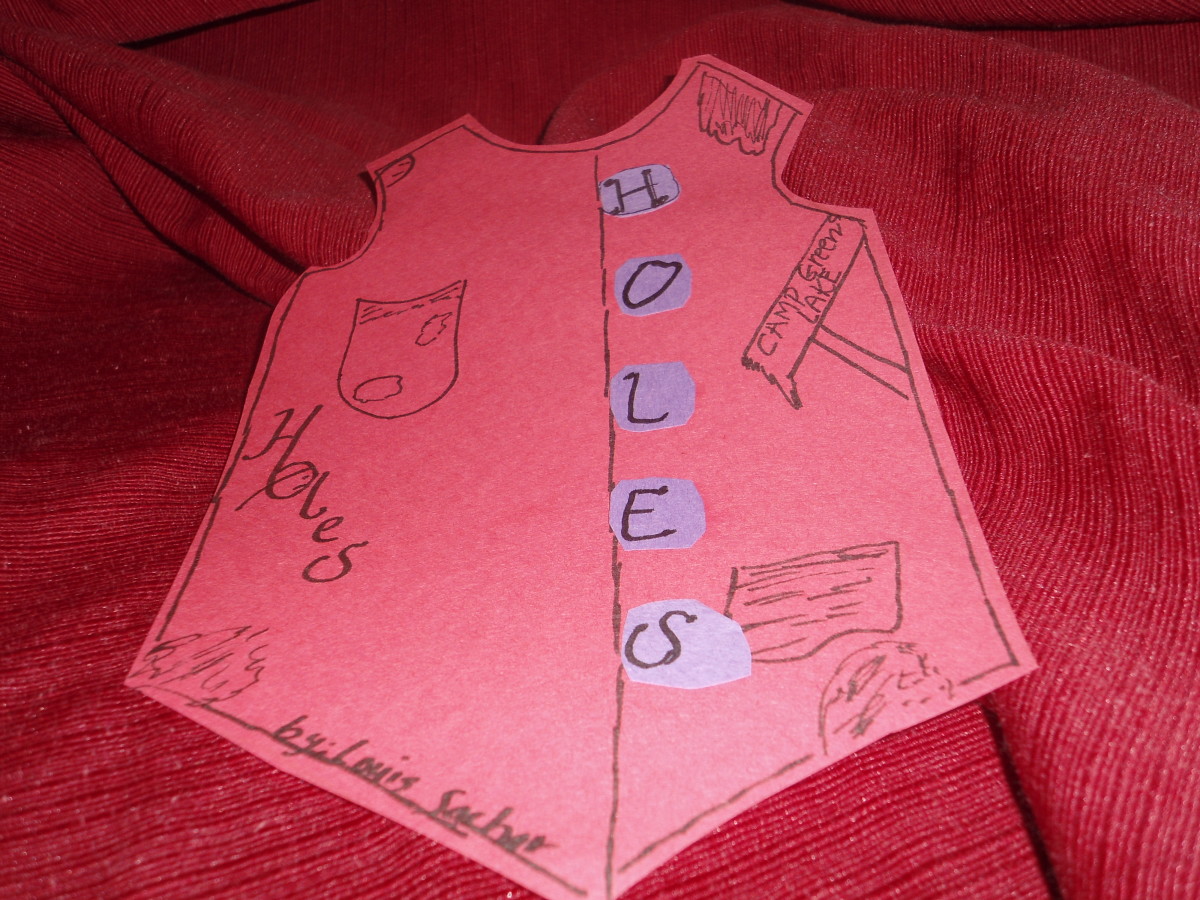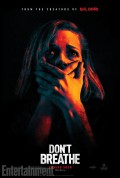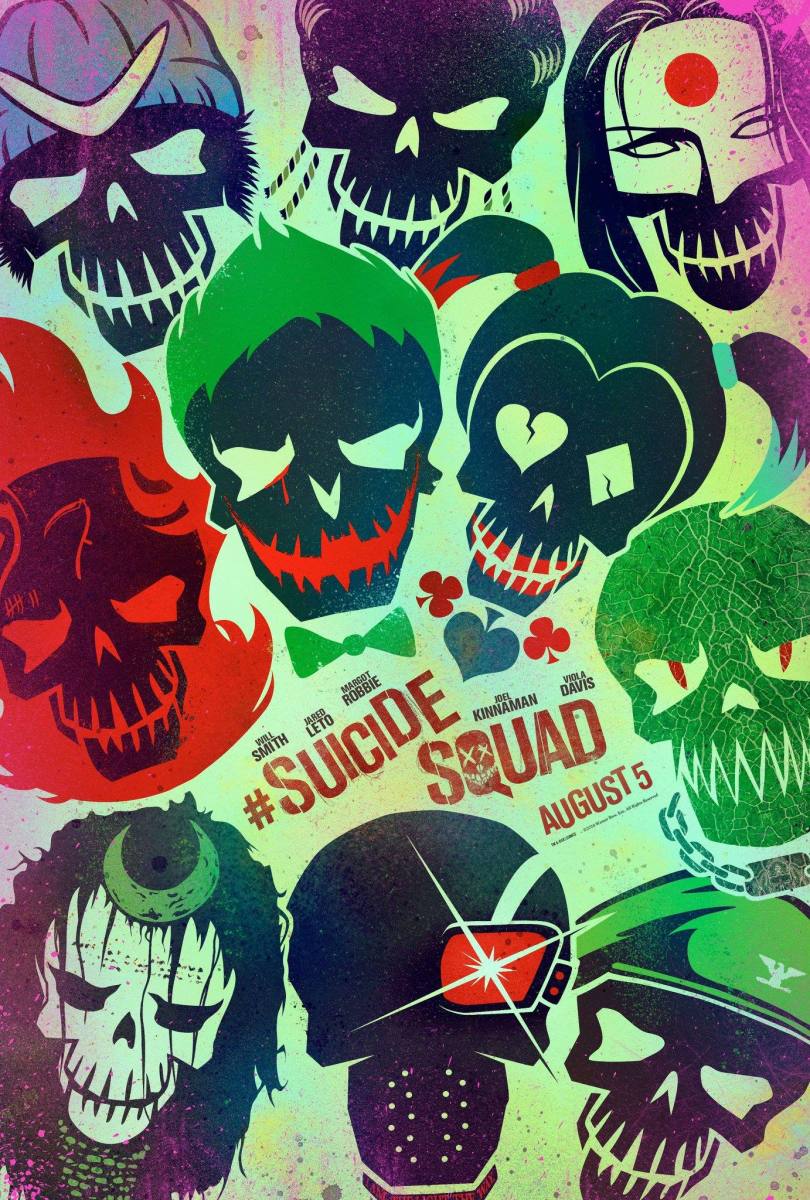Page to Screen: Willy Wonka & The Chocolate Factory (1971)
Foreword
This page directly talks about the Mel Stuart's film adaptation of Roald Dahl's Charlie and the Chocolate Factory. If interested in reading about Tim burton's film adaptation of the same book, I've written about it on a different page.
Mel Stuart's Film Poster
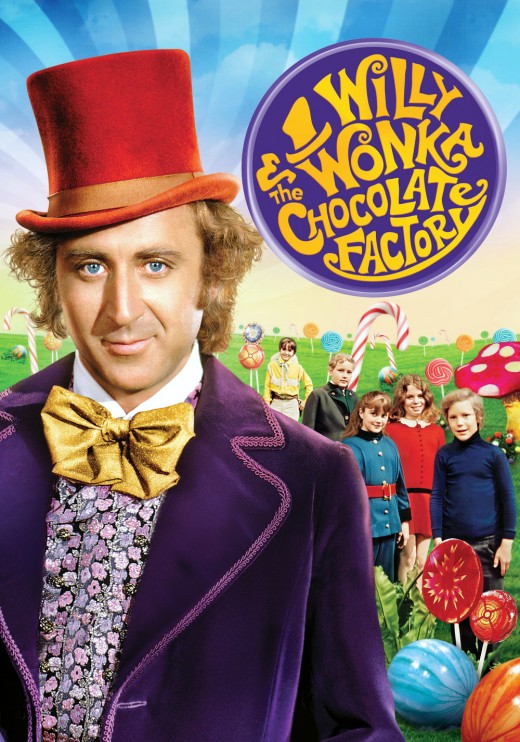
The Film
Mel Stuart's adaptation comes in the form of a musical-fantasy film that was released in 1971. It stars Gene Wilder as the iconic chocolatier. The author of the book, Roald Dahl, was conscripted into writing the screenplay and created the original draft before David Seltzer was hired to rework the screenplay (as Dahl failed to meet deadlines), changing about 30% of the draft and included additional plot elements, such as Slugworth as a spy. The film follows much of the same plot, only including small additions.
When it was released, the film was largely ignored and was declared a box office bomb, earning only $4 million on a $3 million budget. Since then however, it has become a cult classic with high home entertainment sales and popular television airings. However, it is a book-movie adaptation that was largely criticized by the author, as Roald Dahl disliked a great number of things. His choice actor, Spike Milligan, was rejected by the director, felt that the film put too much focus on Willy Wonka instead of Charlie, and he was especially furious with the addition of the Fizzy-Lifting Drinks scene as well as Slugworth being a spy. This film was enough for him to forbid rights to film a sequel, or why it took so long for a reboot to be filmed.
The Book
British author Roald Dahl created Charlie and the Chocolate Factoryback in 1964 as a children's novel. It follows a poor child, Charlie Bucket, of who lives in a shack with 6 other relatives, 4 of them bedridden elderly folk, who manages to secure a Golden Ticket to the world's most successful chocolate-making factory that has been shut to all outward eyes for a very long time. The book spawned a sequel (Charlie and the Great Glass Elevator) and Dahl planned a third, but never finished it before his death in 1990.
This book spawned two cinematic adaptations, one in 1971 and another in 2005. Roald Dahl's other works have been successfully adapted into other film adaptations such as Matilda and James and the Giant Peach. Dahl claimed that this story was inspired by rival chocolate factories that would frequently send in spies disguised as employees to steal production secrets.
Roald Dahl's Charlie and the Chocolate Factory
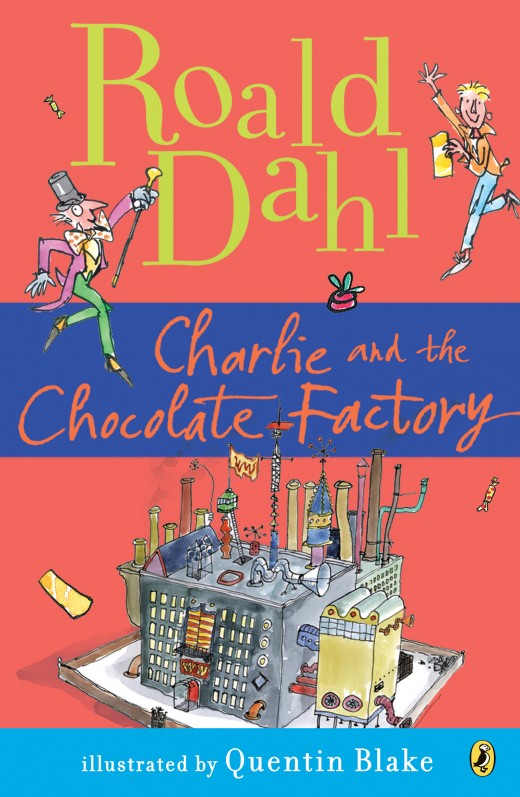
Differences in Novel and Film
Willy Wonka
There are two major differences in Gene Wilder's performance and the character in the book are 1) the reaction to the children breaking the rules, 2) Wonka's freakout at the end. The former, in the book, Wonka's screams and attempts to make them stop their meddling, and in the film Wonka tries this only once with Augustus before resigning. This point is even more clear in Mike Teavee's failure as Wonka rolls his eyes and lazily says, "No. Stop. Don't."
As for the latter, many fans of the book compare Wonka's freakout in 1971 to Dumbledore's freakout in the Goblet of Fire. In the book, Wonka is either accommodating or indifferent to the children, while in the film has him angrily lash out at Grandpa Joe when the latter argues with him over Charlie's earnings.
Fizzy-Lifting Drinks
In the book, this element of the story doesn't last more than a paragraph, shortly following the Lickable Wallpaper for Nurseries (which actually happens before Veruca Salt's tragic exit) where Willy Wonka quickly describes it, as well as its problems and the one Oompa Loompa who couldn't figure out how to burp until he rose out of sight and never came down. No one enters it.
In the film, it's very different. Grandpa Joe convinces Charlie to try some of the drinks, allowing them to rise but ultimately putting them in peril before accidentally saving themselves. This becomes Charlie's seeming failure to succeed the Golden Ticket challenge and his fate of earning nothing. However, in the end this is just to prompt Charlie to truly show his strength of character.
The 'Scary Tunnel'
Wonka does lead the children and his parents onto a flotation vehicle on his river of chocolate (although it's pushed, a la Oompa-Loompa not unlike a Viking longboat for propulsion). The song that Wonka sings comes word for word from the book in a scene that's described as terrifying, showing how Wonka loves the thrill and exciting of the speed in some unknown direction. However, there are no bugs crawling on people's faces, chickens getting their heads chopped off, nor an image of Slugworth shown while all this transpires.
Ambiguous Endings
In the book, it's very clear the ultimate fate of the children. They get to go home with their truckloads of chocolate, although largely in different states than when they arrived. Augustus is slimmed down, Violet is very blue, Veruca is covered in garbage, and Mike is overstretched for a human being.
Yet, once the children fail their 'challenges,' their fates are ambiguous. Augustus might have drowned in chocolate or made into fudge, Violet must be hurried out or else she'll explode from the juice, Veruca (and her father) may have fallen into an incinerator, and the Oompa-Loompa that was in charge of stretching out Mike was informed 'it wouldn't be his fault' if something went wrong. That's all without mentioning Charlie and Grandpa Joe's near fate of being chopped up by the fan in the ceiling. There's no closure or mention of them, which complements the rest of the film of ambiguous darkness, small hints belying darker meanings for characters or an older audience.
The Great Glass Elevator
While the vehicle in the film is definitely not entirely made out of glass as it was in the book, it is used as means of transportation only at the end of the film. When the Buckets and the Teavees leave Veruca to the Television Room, it's riding an original vehicle that runs on carbonation in drinks.
Slugworth
In the book, Slugworth is named as a competitor who sent spies to steal Wonka's secrets, although he was largely unsuccessful.
In the film, he's originally presented the same way, although in a far more physical way. Each time a Golden Ticket is revealed, Slugworth is there promising payment if they steal an Everlasting Gobstopper for him. There's some reference back to him while on the tour where Mike Teavee and his mother converse about telling him about the carbonated-propelled vehicle they ride. He's even given a quick flash in the infamous 'Scary Tunnel' scene. Later on, Slugworth is shown to be a human employee of Wonka's, sent out to test the children of their moral character.
Charlie Bucket, and His Family
Charlie doesn't have a job in the book and never delivers papers even to help out his family. Without any money of his own, he doesn't arrive with a loaf of bread as a feast, although this change is still true to the portrayal in the book. Charlie's father is strangely missing in the film, where in the book the loss of his job at the toothpaste factory adds yet another dark nail in the depressing coffin that is the Bucket's financial situation. His mother is also not discussed as a working woman, but since the father is absent, this change shows Charlie's parent as actually working instead of sitting around jobless while feeding a family of 6 'cabbage water.'
The Geese That Lay The Golden Eggs
This scene in the film replaces Veruca Salt's trial. While largely different in demonstration, it contains a lot of similarities, the squirrels replaced by geese and the nuts replaced by golden chocolate eggs (which are valued by a machine). Veruca still attempts to claim one of the animals (albeit in a song in the musical feature) and ends up being considered a bad nut/egg before falling down a garbage chute, along with her parent(s).
Miscellaneous
There's quite a few insignificant additions or changes to the original. For instance, during the initial revelations that Golden Tickets were released, there were quite a few asides of unnamed characters. One woman's husband is kidnapped and his ransom is her box of Wonka bars but she asks for time to decide what's more important to her. Similar situations are shown during this time but are never revisited. Also, every child brings only one adult with them to the factory, while in the book every child but Charlie brings both parents with them.
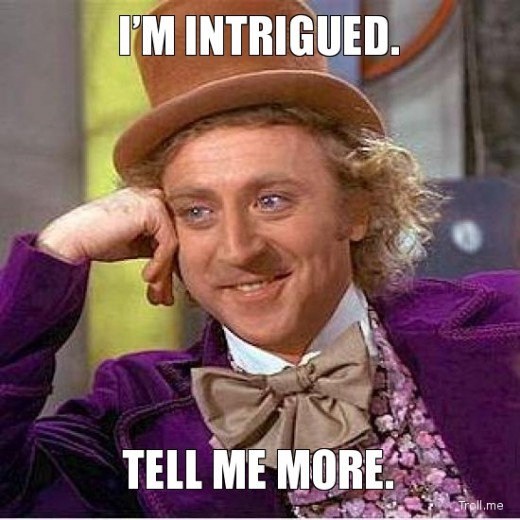
Fun Facts
- The Chocolate River in the film is 150,000 gallons of water, chocolate, and creme.The final product was actually quite gross, resulting in a horrible stench that filled the studio.
- Due to the times and lack of a unified group of short actors, the actors portraying the Oompa-Loompas were not all English speakers which caused a lot of the lip synching and dance routine training to become frustrating.
- Peter Ostrum, the young actor who played Charlie Bucket, made his first and final film appearance in this movie.
- While Nestle currently holds the rights to the Wonka name, originally Quaker Oats held the rights for this film even though they had not previously been associated with a film before. The title change from Charlie to Willy Wonka was made to better market Quaker Oats' new Wonka candy bar line.
Trailer for Willy Wonka & The Chocolate Factory
Closing Thoughts
While I can't argue that Tim Burton's Charlie and the Chocolate Factory (2005) is far more truthful and literal to Roald Dahl's book, I personally feel that Mel Stuart's work is a better film with a transcending plot, well-handled delivery, and full of meaning between the lines. Many of Dahl's criticism of this film are accurate, though this adaptation stands apart from the book with many additions that enhance the feel of the movie. The musical numbers contribute to the uniqueness of the world, and Wilder's repeated use of various literary authors continues to add mysticism and a strong touch of the enigmatic to Willy Wonka's character, one that remains memorable and charismatic even after three decades.
Book vs Movie vs Movie
For those of you who read the book and watched the movie, what did you prefer?
Further Reading
You can read a commentary on Charlie and the Chocolate Factory as well.
Also, you can read more Page to Screen adaptations if you click here.



